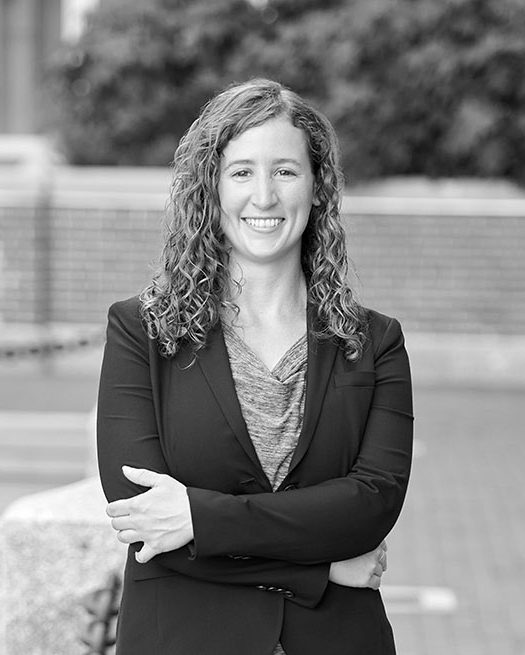Commonwealth Adopts Position Advocated by Attorney Herrmann in Criminal Case Before SJC
This week at the SJC, the Commonwealth adopted the position  of an amicus brief for the Massachusetts Association of Criminal Defense Lawyers (MACDL), authored by Jennifer Herrmann. The case, Commonwealth v. Andrade, addressed the question of whether evidence of a victim’s violent acts used to prove who was the first aggressor—known in Massachusetts as Adjutant evidence—should include evidence of a victim’s violence after the charged crime.
of an amicus brief for the Massachusetts Association of Criminal Defense Lawyers (MACDL), authored by Jennifer Herrmann. The case, Commonwealth v. Andrade, addressed the question of whether evidence of a victim’s violent acts used to prove who was the first aggressor—known in Massachusetts as Adjutant evidence—should include evidence of a victim’s violence after the charged crime.
“I will concede that the amicus brief filed in this case lays out a lot of really great policy arguments for extending the Adjutant principle to post-crime conduct,” ADA Kristen Jiang stated at argument. “The Commonwealth does not contest that.”
Both parties and the justices repeatedly referenced Attorney Herrmann’s amicus brief, which argued that extending Adjutant evidence to subsequent conduct is consistent with Massachusetts law and general principles of evidence. ADA Jiang also said, “The amicus brief was very helpful to me in thinking through the reasoning that other jurisdictions have gone through in deciding this issue . . . . I was able to think of lots of scenarios in my head where a post-crime violent act would be extremely probative of whether the victim was the first aggressor. The cases that are cited by the amicus brief are rife with examples of that, so to say that it’s an absolute bar for that reason I’m not sure is correct.”
 Boston Lawyer Blog
Boston Lawyer Blog






